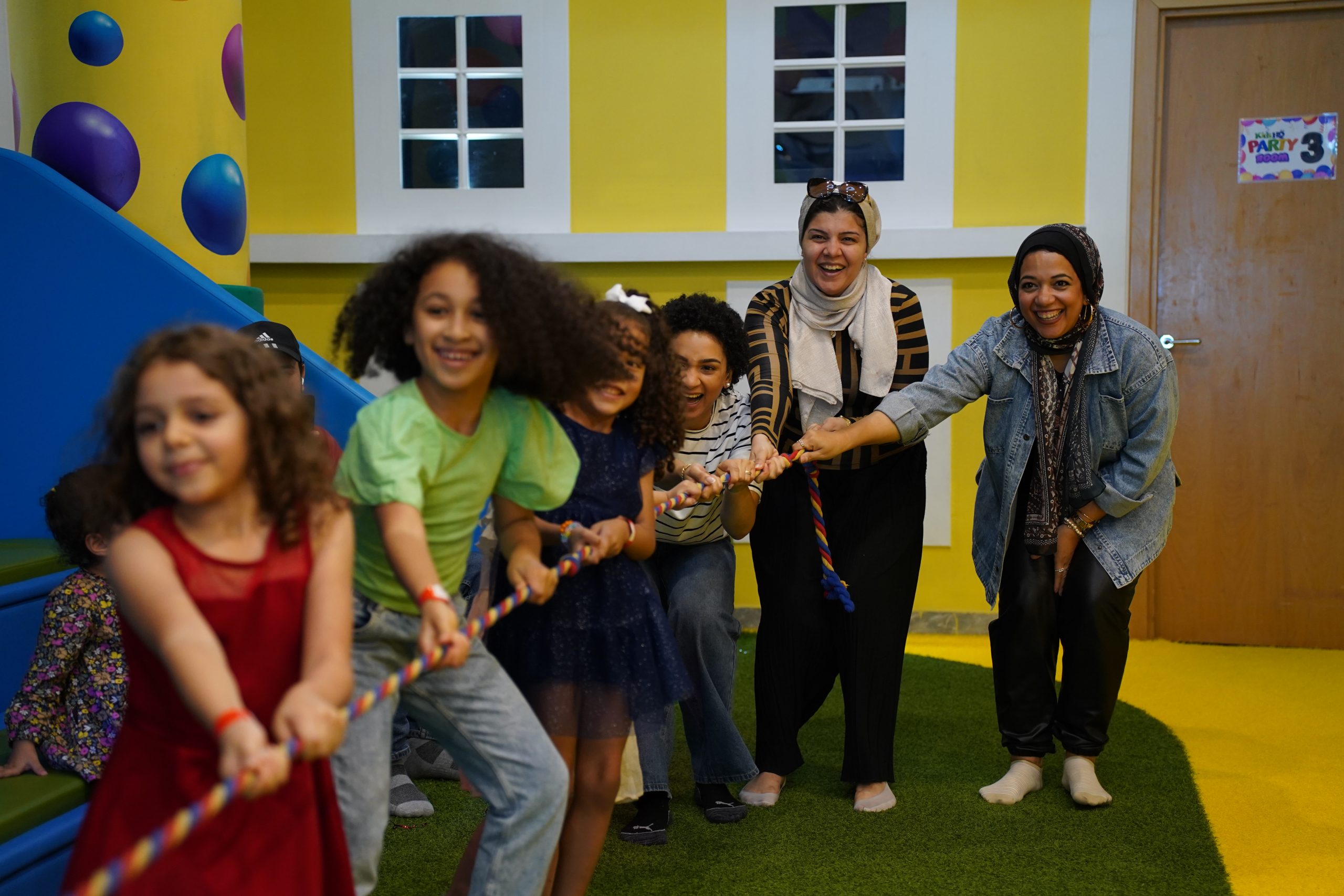Children have an amazing way of showing us what they need, even if they don’t say it directly. Sometimes the signs are hidden in their moods, their energy, or the way they interact with others. When a child doesn’t get enough active play, those signals become louder. You might see sudden tantrums, endless restlessness, or even a lack of stamina. These are not just random phases often, they’re your child’s way of saying, “I need to move more.”
Active play isn’t just about running around; it’s about giving children the space to explore, move freely, and grow. Whether they’re chasing a ball, climbing, or playing hide-and-seek, they’re learning skills that build confidence, resilience, and happiness. As parents, recognizing when your child needs more playtime can make all the difference in their growth.
Let’s break down the signs you should never ignore, and why active play is so important for your child’s health and development.
1. Frequent Tantrums or Meltdowns
If your child seems to lose their temper over the smallest things, it could be a sign they’re not burning off enough energy. Without physical play, frustration builds up, and children may find it hard to regulate their emotions. That’s when you start noticing frequent meltdowns— rying over a broken toy, getting angry when it’s time to eat, or throwing a tantrum before bedtime.
Active play helps children release energy in healthy ways. When they jump, run, or swing, their body releases feel good hormones that reduce stress and improve mood. Think of it as a natural reset button. Children who get plenty of playtime are often calmer, more balanced, and better at handling everyday challenges.
2. Difficulty Focusing and Persistent Restlessness
Does your child have trouble sitting still during homework or meals? Do they seem distracted or fidgety most of the time? This constant restlessness often comes from having too much pent-up energy and not enough opportunities to release it.
Children are naturally curious and energetic. If their bodies don’t get the movement they crave, their minds start to wander. This is why schools often include recess physical activity improves attention and focus.
Giving your child time for active play, whether outdoors or in an Indoor Play Area in Dubai, can make a world of difference. Once that energy is spent in climbing, running, or playing tag, they can return to tasks like reading or schoolwork with much more focus and patience.
Also Read: Why Indoor Play Areas Are Dubai Parents’ Go-To All Year Round
3. Low Stamina and Getting Tired Easily
If your child becomes tired after a short walk, struggles to stand for long, or avoids activities because they feel drained, it may be due to a lack of physical activity. Playtime helps build endurance and strengthens muscles, making children more capable of handling daily routines.
Kids don’t need structured workouts like adults, but regular running, skipping, or simple ball games can naturally improve stamina. Over time, you’ll notice they’re able to walk longer, climb higher, and participate in activities without constantly saying, “I’m tired.”
This isn’t just about fitness it’s about preparing their bodies to handle growth, school demands, and the endless energy bursts that childhood brings. A child with strong stamina is more confident and open to trying new things.
4. Poor Social Skills or Lack of Empathy
Play is more than just physical it’s also deeply social. Children learn teamwork, empathy, and communication through games and group play. If your child struggles to make friends, doesn’t understand sharing, or seems disconnected in social situations, it might mean they need more opportunities for active play.
When kids play together whether it’s building a fort, playing hide-and-seek, or taking turns on a slide they learn valuable life skills. They practice patience, problem-solving, and kindness. They also develop empathy by seeing how their actions affect others.
Both structured group games and unstructured free play are important. Encourage your child to join in with other kids, whether outdoors or in a safe indoor area where they can interact, laugh, and build connections.
5. Anxiety or Excessive Clinging
Some children show their need for play through anxiety or by clinging too much to parents. If your child seems fearful, hesitant, or unwilling to explore on their own, this could mean they lack confidence. Active play helps children test their abilities and slowly build independence.
Climbing a ladder, sliding down a slide, or learning to balance on one foot may look simple, but for a child, these are milestones that build courage. Each small achievement gives them confidence and reduces fear. As they explore their surroundings, they also learn to trust themselves and that’s a skill that stays with them for life.
Encouraging safe play opportunities is the best way to help your child break free from constant worry and clinginess.
Why Active Play Is So Important?
Now that we’ve seen the signs, let’s look at why active play is essential:
Builds Physical Literacy
Children develop balance, agility, coordination, and other movement skills when they play. These skills lay the foundation for future activities, whether it’s sports or simply being confident in daily movement.
Boosts Confidence
Each time a child tries something new whether it’s climbing a little higher or running a little faster they build confidence in themselves. This self-belief carries over to schoolwork, friendships, and problem-solving.
Enhances Well-Being
Play improves both physical and mental health. Children who are active are less likely to feel anxious or withdrawn. They sleep better, eat better, and are overall happier.
Promotes Social Development
Playing with others teaches teamwork, patience, and how to read social cues. It’s not just fun it’s preparation for life.
Making Time for Play
Children don’t always need complicated games or expensive toys to stay active. Simple activities like running in the park, skipping rope, or playing ball in the backyard work just as well. If outdoor options are limited, you can always take them to an indoor play area, where they can move freely, climb, slide, and make friends in a safe environment.
The key is consistency. Even a little bit of daily active play can make a huge difference in your child’s mood, energy, and development.
A Different Way to See It
Think of play as your child’s language. When they laugh, run, and jump, they’re not just having fun they’re telling you they’re learning, growing, and thriving. Ignoring the need for play is like ignoring a child’s need to eat or sleep.
So the next time your child throws a tantrum, struggles to focus, or clings to you a little too tightly, pause and ask yourself: Have they had enough play today?




Comments are closed